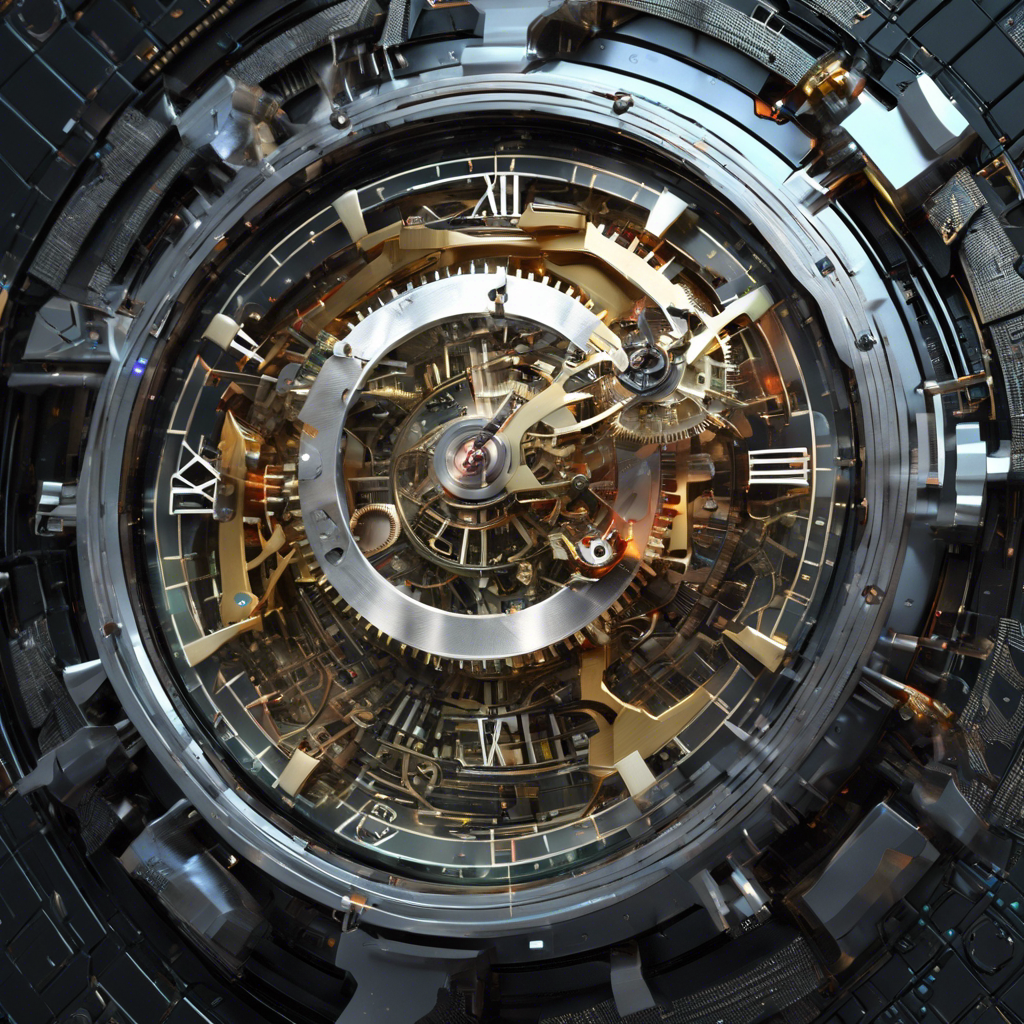https://www.youtube.com/watch?v=lY3jhUhVxK0
Researchers from Vienna University of Technology uncover a trade-off in timekeeping devices that could impact the scalability and performance of quantum computers.
Quantum computers hold the promise of revolutionizing computation, solving complex problems at an unprecedented speed. However, a recent discovery by researchers from the Vienna University of Technology reveals a fundamental trade-off in timekeeping that could impose a hard limit on the performance of large-scale quantum computers. As we strive to advance quantum technology from prototypes to practical machines, the ability to accurately measure time becomes crucial. This new research sheds light on the challenges we may face in dissecting time into ever smaller units, potentially hindering the progress of quantum computing.
The Limits of Time Splitting:
Time, as a measure, is constrained by the laws of physics. The resolution with which time can be split is subject to certain limits. According to theories on the basic functions of the Universe, any event shorter than 5.39 x 10-44 seconds is beyond the realm of comprehension. However, even before reaching this hard limit, physicists propose that there is a toll to be paid, which could impede our ability to measure time with increasing precision.
The Toll of Entropy:
Every clock eventually winds down, be it a pendulum, a battery-operated device, or an atomic laser. This is not just an engineering challenge but an inherent consequence of the Universe’s progression from a highly ordered state to a chaotic one, known as entropy. Senior author Marcus Huber, a systems engineer at the Vienna University of Technology, explains that time measurement is intrinsically linked to entropy. In their recent theorem, Huber and his team establish a connection between entropy as a thermodynamic phenomenon and resolution, demonstrating that achieving both speed and precision in time measurement simultaneously is impossible without infinite energy.
The Implications for Quantum Computing:
While the limitations of timekeeping may not pose a significant problem for conventional time measurements, it could have profound implications for quantum computing. Quantum computers rely on the delicate nature of particles existing in a quantum critical state. As the number of particles increases, the risk of disruption to their quantum state rises, leaving less time for computations. Previous research has focused on the impact of noise and imperfections in quantum technology, but this study marks the first exploration of timekeeping itself as a potential obstacle.
The Role of Precision:
At present, the accuracy of quantum computers is limited by factors such as component precision and electromagnetic fields. However, the research conducted by Huber and his team suggests that we are approaching a regime where the fundamental limits of time measurement become decisive. While further advancements in quantum computing may enhance stability, reduce errors, and buy more time for optimal operation, the influence of entropy on the ultimate potential of quantum computers remains uncertain.
Conclusion:
The recent findings from the Vienna University of Technology highlight the trade-off between speed and precision in timekeeping, which could impose constraints on the scalability and performance of quantum computers. As researchers continue to push the boundaries of quantum technology, the role of time measurement as a fundamental limitation must be taken into account. While quantum computing holds immense promise, only time will reveal the extent to which entropy shapes its ultimate capabilities.











